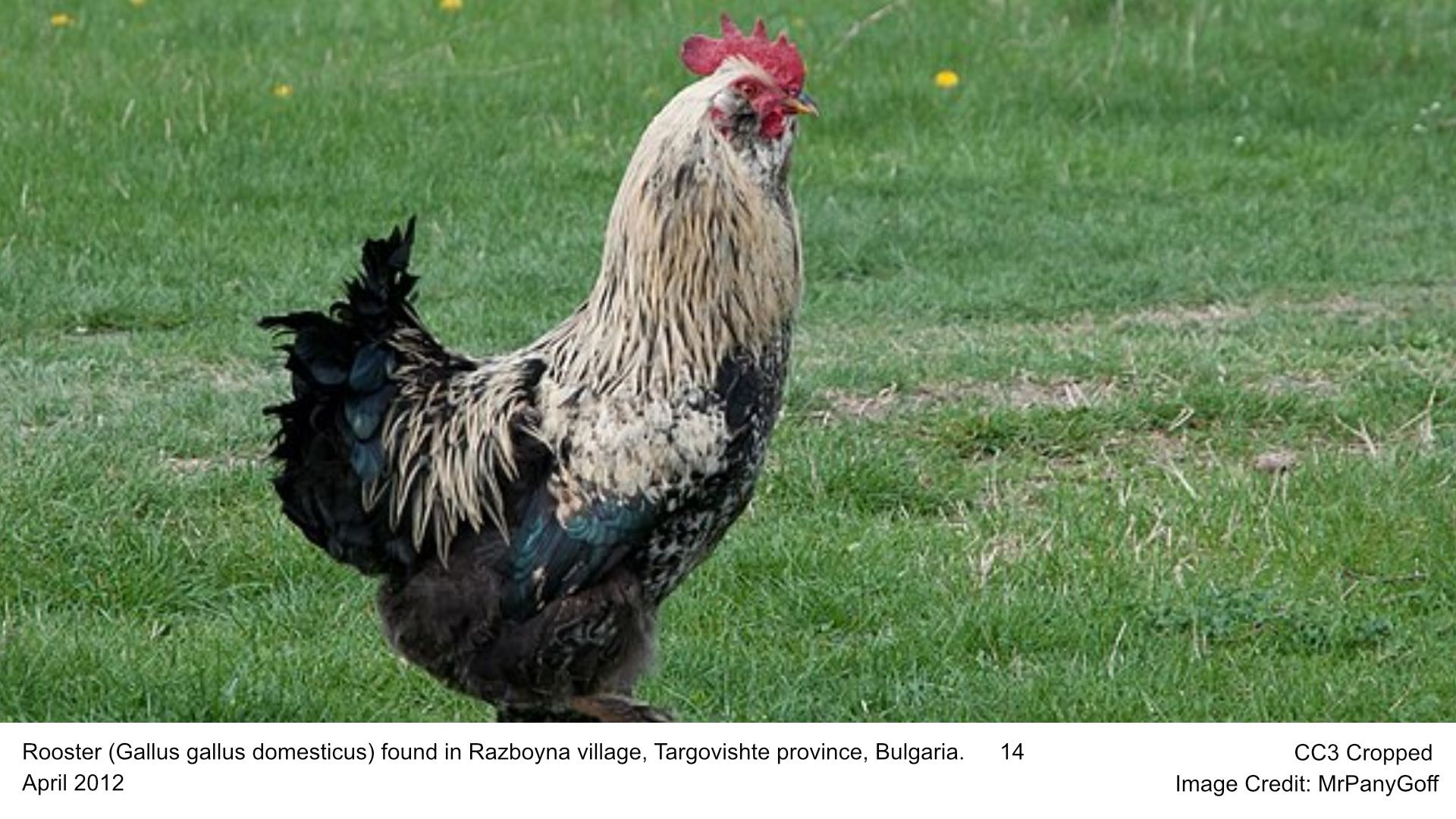A patient in Louisiana has died after contracting the H5N1 bird flu virus, marking the first human death from the virus in the U.S. Health officials noted the patient, over 65 years old, had underlying health conditions and was exposed to wild birds and backyard poultry. The Centers for Disease Control and Prevention (CDC) confirmed this case as the first severe human infection of H5N1 in the country.
The CDC’s analysis revealed genetic mutations in the virus from the patient, which could make it spread more easily among humans. Sources such as the Louisiana Department of Health have noted that these mutations were not present in the backyard poultry thought to be the infection source, indicating the changes occurred within the patient.
- Genetic Mutations Identified: The virus in a Louisiana patient developed mutations that may enhance human transmissibility, though it likely occurred after infection.
- Low Public Risk: Despite concerns, the CDC reports no evidence of human-to-human transmission and emphasizes that the overall risk remains low.
- Occupational Hazards: Workers exposed to birds are at higher risk, underscoring the importance of safety measures for those in close contact with infected animals.
- Ongoing Surveillance Needed: The severe Louisiana case highlights the need for continued genomic monitoring and containment efforts to address emerging avian influenza threats.
While these genetic alterations raise concerns, the CDC maintains that the risk to the general public remains low. The virus has been detected in various animals, including dairy cows and poultry across multiple states. The health department has found no additional human cases in Louisiana or evidence of human-to-human transmission.
The Louisiana Department of Health expressed condolences to the patient’s family, emphasizing the importance of avoiding contact with infected birds or animals. People working with or exposed to birds are considered at a higher risk of infection.
Since March last year, there have been 66 confirmed bird flu infections in humans in the U.S., primarily mild cases among farmworkers. The Louisiana case, with its severe nature and genetic mutations, underscores the need for ongoing genomic surveillance and containment efforts to address avian influenza threats.
The CDC and state health agencies remain vigilant, working to prevent further infections. The recent genetic findings in the Louisiana case highlight the importance of preparedness and research to mitigate potential public health risks.







Be First to Comment